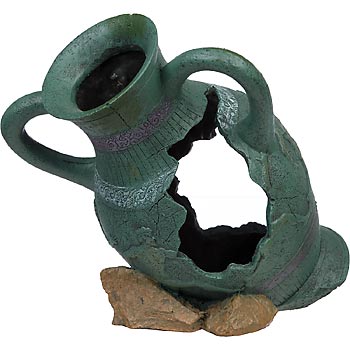Filling the Black(w)hole:
The Call for a New Mythology by the German Romantics and Its Reach into the Digital Age
By Nathan Bates
Introduction
The German question “Was fehlt Ihnen?” is roughly equivalent to the English “What’s wrong?” Where the English uses an adjective to describe the condition, German in this instance relies on the verb “fehlen” to indicate the negative condition, which means literally to “lack” or “be missing.” The phrase can also indicate sickness—“What ails you?” is another possible translation—or it can even suggest wrongdoing in the sense of a transgression, for example: “Ich weiß, wie sehr ich gefehlt habe.” One early German romantic thinker uses the verb “fehlen” to describe what is wrong with German literature:
Ich gehe gleich zum Ziel. Es fehlt, behaupte ich, unsrer Poesie an einem Mittelpunkt, wie es die Mythologie für die der Alten war, und alles Wesentliche, worin die moderne Dichtkunst der antiken nachsteht, läßt sich in die Worte zusammenfassen: Wir haben keine Mythologie. Aber setze ich hinzu, wir sind nahe daran eine zu erhalten, oder vielmehr es wird Zeit, daß wir ernsthaft dazu mitwirken sollen, eine hervorzubringen. (Schlegel 312)
With these words from his “Rede über die Mythologie,” Friedrich Schlegel diagnoses the problem of German literature as a sort of disequilibrium, an absence of an orienting center. Later on, Schlegel goes so far as to suggest that his “Poesie” also lacks a soul (318). This is not to say that the German tradition never made use of a preexisting mythologies; rather, that the application was inadequate. The time for German literature to create a new mythology that would overcome its inadequacies had arrived.
Schlegel helped articulate the debate concerning mythology in the spring of 1800 with his publication of “Rede,” a debate that would carry considerable appeal for the German intellectual community throughout that century and well beyond. Schlegel and many of his contemporaries sensed the emergence of a new wave of secular creativity that was gaining broad appeal among an increasingly literate public (Williamson 51); moreover, it was clear that there were no ground rules and no latticework for imaginative production. What was needed was a way to fill the hole in the German creativity. My aim with this paper is to discuss how the call for the creation of a new mythology, at least for two Jena Romantic Philosophers, Friedrich Schlegel and Friedrich Wilhelm Schelling, was seen as a way to address the question of lack in the creative conscious of Germany at the dawn of the nineteenth-century. In addressing this issue, I will follow the lead of the Romantics and turn to the field of physics for the concept of a singularity to help understand their solution to this “lack.” I will conclude by how suggesting one way in which the discourse new mythology has reached into the digital age.
Conceptualizing the New Mythology »

